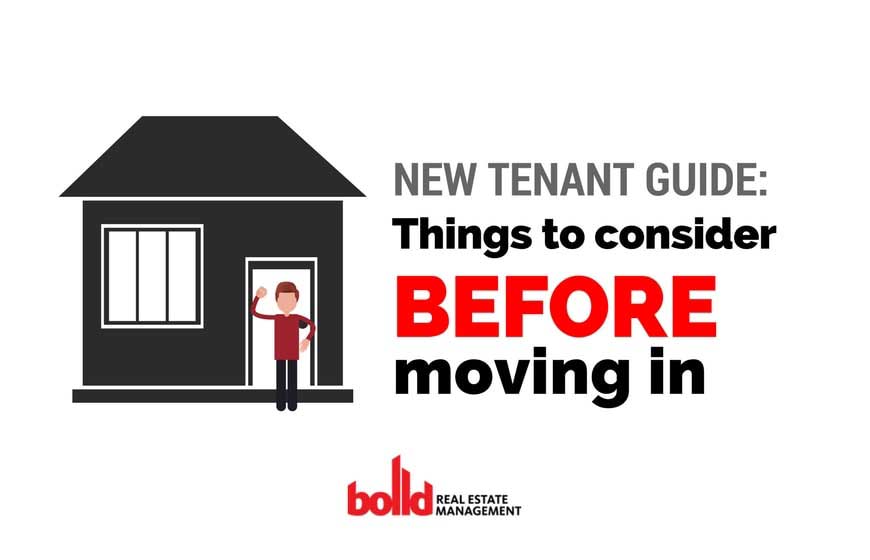Let us skip to the after-market undertakings. Finalizing a deal with a new tenant is a reward in itself. After all, your unit is no longer vacant and probably all the advertising, preparations, and other endeavors to get your place rented out has finally paid off at this point.
But what do you need to do before the day? Here are a few quick points you should keep in mind before moving in.
Some of the aspects when in contract with a tenant are continuously in operation. So in regards to this important factor, here are some steps to consider taking in order to make sure that there is a smooth sojourn for your tenant and there are lesser headaches for yourself or for the property management company that handles your rental:
Provincial and Territorial Fact sheet
Review the Provincial and Territorial Fact sheet. Read about the province or municipality that would apply to you. Take your time familiarize yourself with all the basic regulations and guidelines for your province. This includes the type of deposits if they are allowed, periods of notice and timeframes for contract renewal.
These fact sheets were developed in collaboration with the provincial and territorial authorities responsible for landlord-tenant affairs in each respective province or territory.
According to the website, CANADA MORTGAGE AND HOUSING CORPORATION, “Many terms in the fact sheet may relate to legal rights and obligations that are subject to change from time to time. Interpretations of the terminologies and acts depend on the laws, and regulation procedures within that province. These fact sheets are for information purposes only and do not constitute legal advice. Should you require further information about your province or territory, including specific details about legal orders, notices, and applicable forms, contact your rental authority or consult with a lawyer.”
[inf_infusionsoft_inline optin_id=optin_11]
Tenant Lease
Make sure that your new tenant agrees to the terms of your agreement which should clearly be stipulated in the lease. Some provinces mandate a written however there are a few exempts. However, have a written lease is always advisable. Standardized lease forms may be available from your local rental authority, and they are often sold at local business supply stores as well.
Deposit
As with the written lease, deposits are allowed or required in some provinces before moving in, but not all. If applicable, make sure to collect.
Rules on deposits differ within provinces. For example, Quebec prohibits the landlord from collecting a deposit. In Ontario, landlords may collect a rent deposit, but this is different from a “security deposit”, and the landlord cannot cover the cost of damages using the rent deposit.
As a normal practice, the initially collected deposit is returned to the tenant often by way of covering the cost of the last month’s rent so in some cases there is a difference between the amount of the initial deposit and the rent as the tenant’s heads out.
In all of Canada, a landlord cannot just keep a departing tenant’s deposit or charge for additional repairs to the rental premises. You must negotiate payment with your tenant and if your tenant disagrees, you must formally apply to the local rental authority to keep a deposit or to charge the tenant for damages costing more than the deposit and interest.
[inf_infusionsoft_inline optin_id=optin_2]
Move-In Inspection
Before moving in, you should conduct an inspection and document the condition of the unit. Taking visuals such as photographs and videos is the best way to document the place. An inspection worksheet should be signed by both you and the new tenant once the inspection is complete. In some provinces, a standardized worksheet is either available or required by law.
Rent Increase
It’s a fact that many tenants don’t like but rent does increase. To protect them, the local government of each province or territory has strict regulations on just how often or by how much a landlord is allowed to increase the rent. You can refer to Provincial and Territorial Fact Sheets to get this information.
In many jurisdictions, the landlord has an obligation to give a notice at 90 days prior to the actual increasing of the rent. Other parts of Canada only allow an increase to occur on the anniversary of the tenancy and you must give four months’ notice.
According to the website, CANADA MORTGAGE AND HOUSING CORPORATION, “In several provinces, rent control is in place for existing tenancies. Usually, when one tenant moves out, the rent control no longer applies for that unit, enabling landlords to raise the rent to the rate of their choice. For existing tenancies, a landlord may be able to propose a rent increase that is beyond the “rent increase guidelines” set for the province. Landlords doing so have to apply to that province’s rent authority for acceptance, and they must have their request approved before the rent increase can take effect.”
In Conclusion
A standard procedure or a checklist before the move-in day is vital to help ensure that all things are covered and compliant to the right policies.
[inf_infusionsoft_inline optin_id=optin_11]


